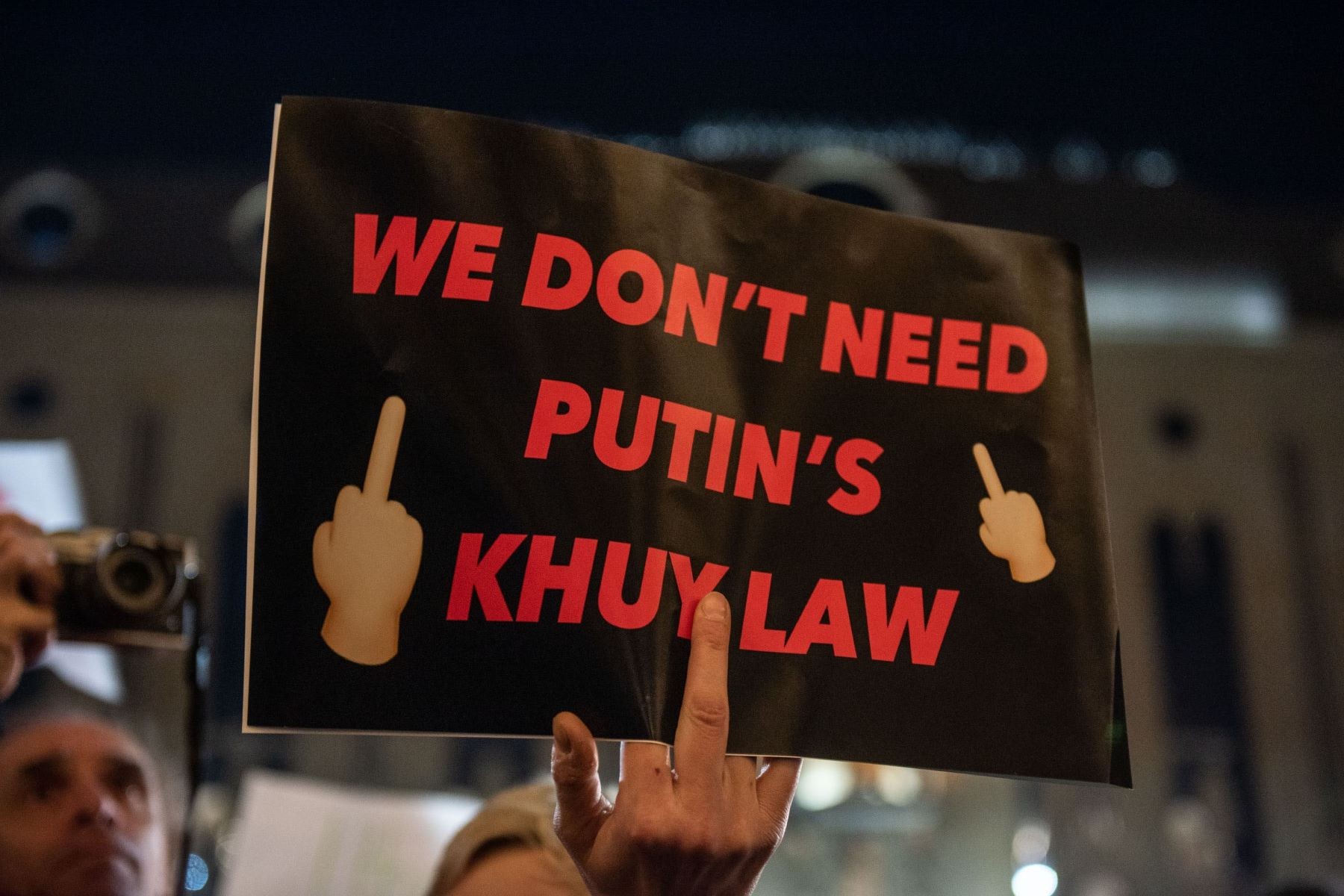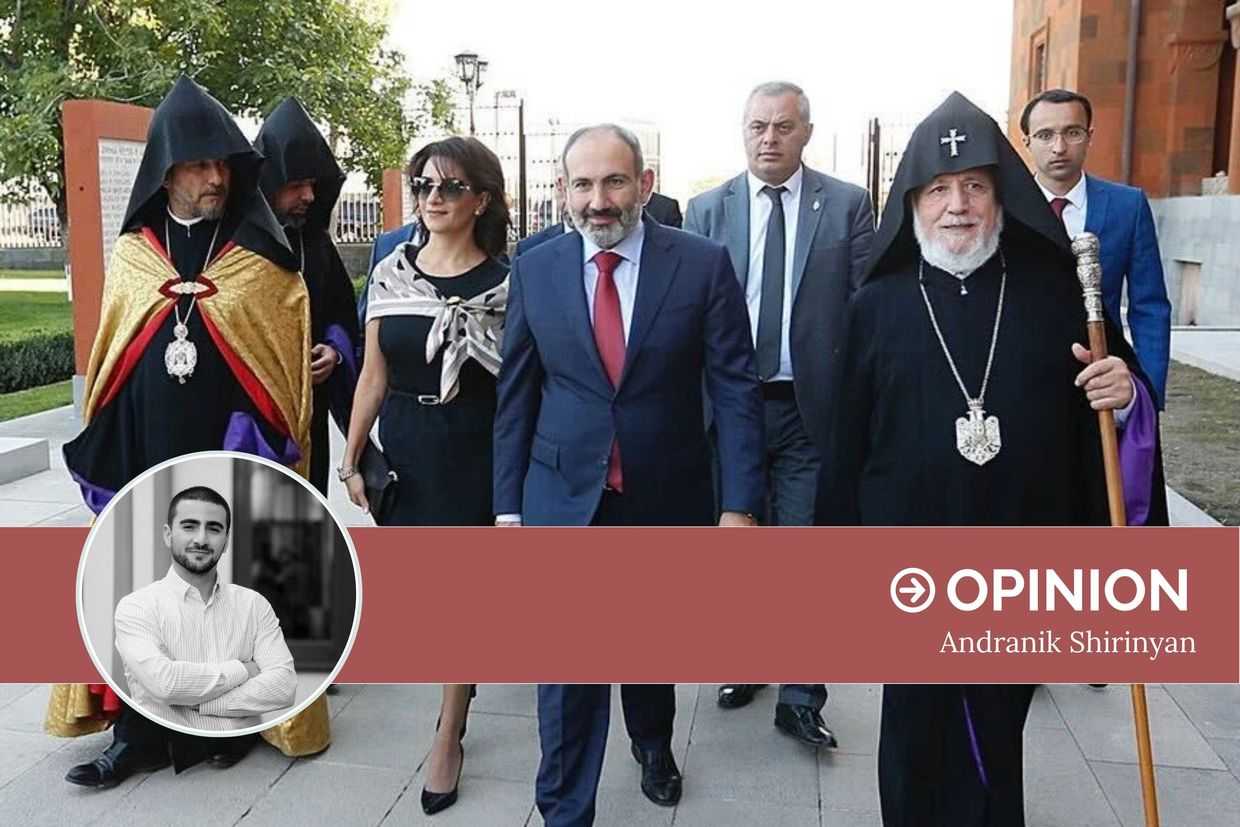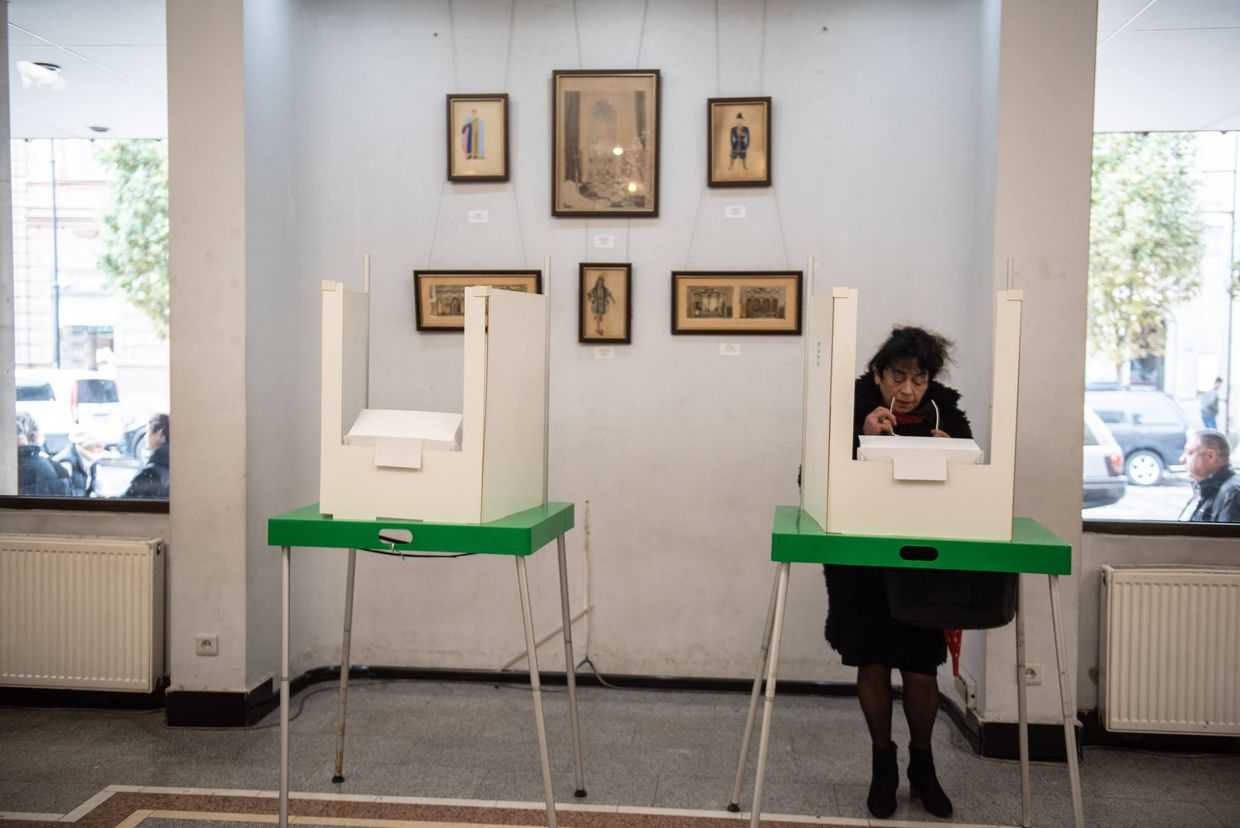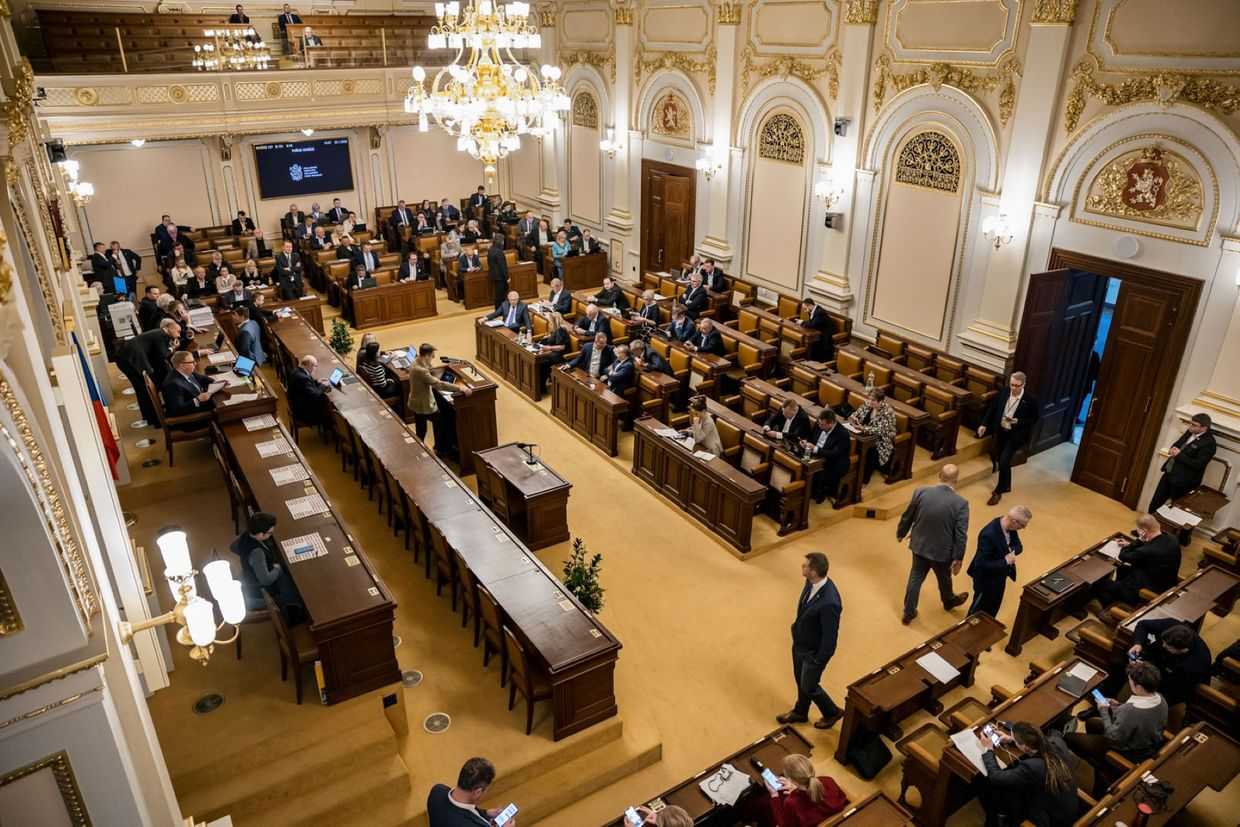
The European Court of Human Rights (ECHR) has registered a case against the foreign agent law adopted amidst mass protests in Georgia, according to the Georgian Young Lawyers’ Association (GYLA).
The controversial foreign agent law has been sent to the ECHR for review on behalf 136 civil organisations in Georgia, including GYLA, as well as four private Georgian citizens.
On Wednesday, GYLA cited six separate articles of the European Convention on Human Rights that the law allegedly violates, including the freedom of expression, the right to privacy, protection against discrimination, the right to effective legal protection,and others.
Pro-government media has claimed in recent days that the apparent silence and inaction from NGOs and civil society could be construed as a sign the groups were not serious about bringing a suit to the ECHR or had failed to do so. GYLA said it sent the complaint on 17 October and submitted it to the court five days later.
The appeal against the foreign agent law has been registered by the ECHR, GYLA said.
Davit Javakhishvili, a member of the GYLA board, told Formula that this is the initial stage of considering the complaint.
‘If the case is communicated and passes the response stage, we believe that a violation of the fundamental rights approved by the European Convention on Human Rights will be established’, he said.
NGOs and media organisations appealed to the Constitutional Court of Georgia with a lawsuit against the foreign agent law in October, but the court declined to order its suspension on 9 October. The case is still under consideration.
At the time, plaintiffs had demanded the law be suspended while the case was being considered, but the court refused to grant the request.
[Read more: Georgian Constitutional Court declines to suspend foreign agent law]
Georgia’s foreign agent requires any civil society or media organisation that receives at least 20% of its funding from abroad to be labelled ‘organisations carrying out the interests of a foreign power’. Such organisations are subjected to monitoring every six months, which lawyers have warned could include forcing them to hand over internal communications and confidential sources. Organisations that do not comply are subject to large fines.
The controversial law has been dubbed the ‘Russian law’ by critics due to its similarity to legislation used to quash dissent and criticism in Russia.
The foreign agent law was met with fierce opposition domestically and internationally, with waves of street protests in Georgia after its reintroduction, and the West warning that it could derail Georgia’s EU aspirations.
Following its adoption, the EU suspended financial aid to Georgia and the US postponed annual military drills it conducted in the country.
EU officials have also explicitly stated that accession talks have been put on hold due to the foreign agent law and the government’s anti-Western rhetoric, as well as democratic backsliding in the country.









